Cargo” refers to goods or freight being transported by any means, including ships, airplanes, trucks, or trains, and can include a wide range of items like raw materials, finished products, and equipment. While A cargo ship or freighter is a merchant ship that carries cargo, goods, and materials from one port to another.
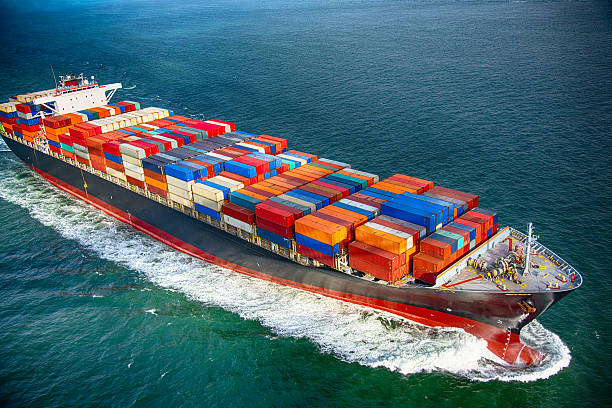
HOW CARGO SHIP IS MANAGE IN LOGISTICS INDUSTRIES.
Cargo Operations.
- Cargo loading and unloading: Efficiently loading and unloading cargo at ports, ensuring proper stowage and securing.
- Cargo documentation: Accurate documentation of cargo, including bills of lading, manifests, and customs declarations.
- Cargo monitoring: Continuous monitoring of cargo during transit to ensure safety and security.
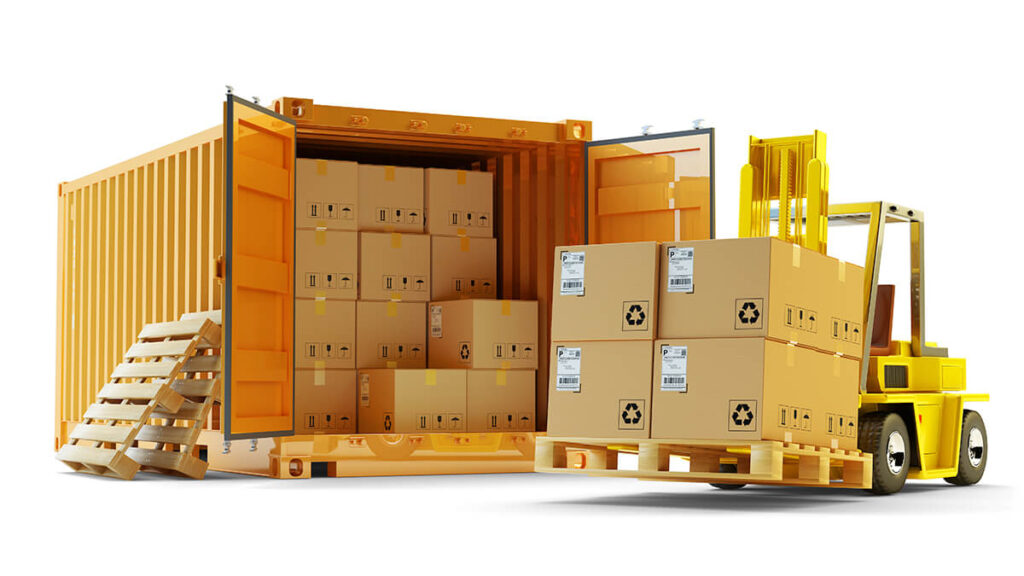
Fleet and Ship Management.
- Ship Scheduling & Routing: Ships follow optimized routes based on weather, fuel efficiency, and delivery deadlines.
- Fleet Coordination: Large shipping companies manage multiple vessels, ensuring they are used efficiently.
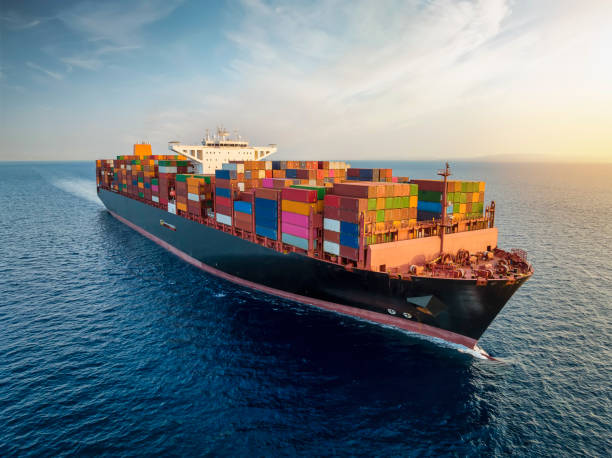
Navigation and Safety.
- Navigation systems: Utilizing advanced navigation systems, such as GPS and ECDIS, to ensure safe and efficient navigation.
- Safety protocols: Implementing safety protocols, such as regular drills and safety inspections, to minimize risks.
- Emergency preparedness: Developing contingency plans for emergency situations, such as fires, medical emergencies, or system failures.
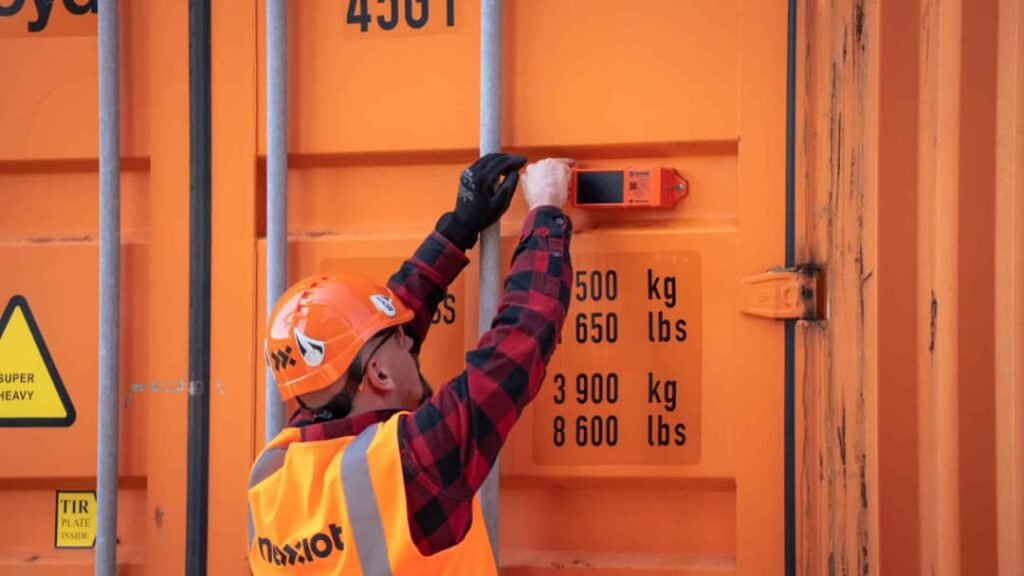
Communication and Tracking.
- Communication systems: Utilizing advanced communication systems, such as satellite phones and email, to stay in touch with shore-based teams and other vessels.
- Tracking systems: Implementing tracking systems, such as AIS and GPS, to monitor the cargo ship’s location and progress.
- Real-time updates: Providing real-time updates to stakeholders, including shippers, consignees, and logistics providers.
Port Operations & Handling.
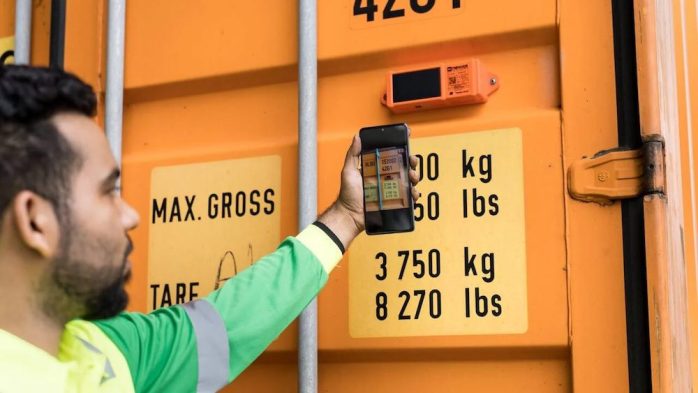
- Cargo ships follow strict schedules for loading and unloading at ports.
- Container management systems track cargo to avoid delays.
- Customs clearance and documentation are handled before arrival.
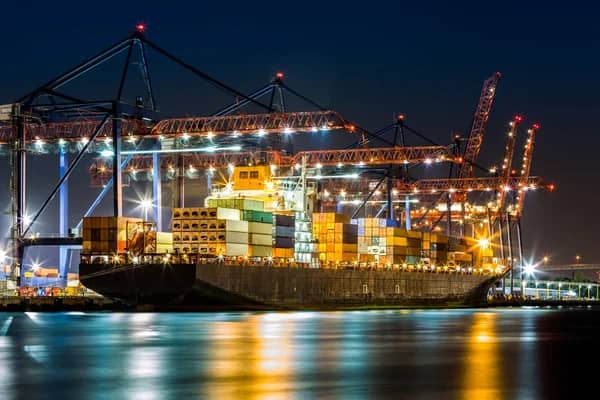
Crew & Safety Management.
- Crew members are trained in navigation, safety protocols, and emergency procedures.
- Compliance with SOLAS (Safety of Life at Sea) regulations is mandatory.
Environmental & Regulatory Compliance.
- Ships must comply with MARPOL regulations to reduce emissions and pollution.
- Alternative fuels (LNG, hydrogen) and eco-friendly ship designs are being adopted.
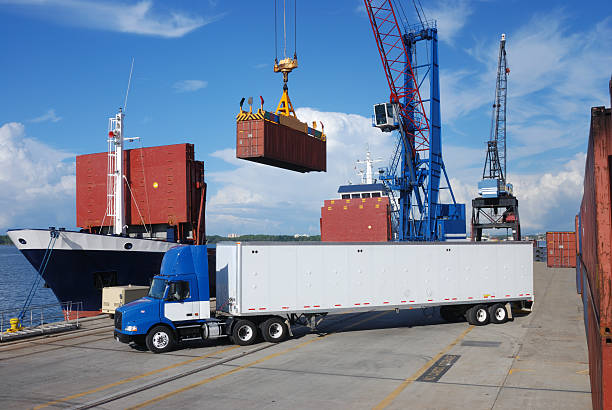
SUMMARY.
Cargo ships are a critical component of international trade and logistics; BY effectively managing cargo ships, logistics companies can ensure the safe, efficient, and reliable transportation of goods across the globe.